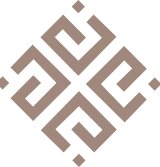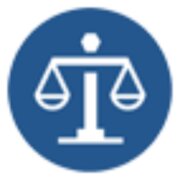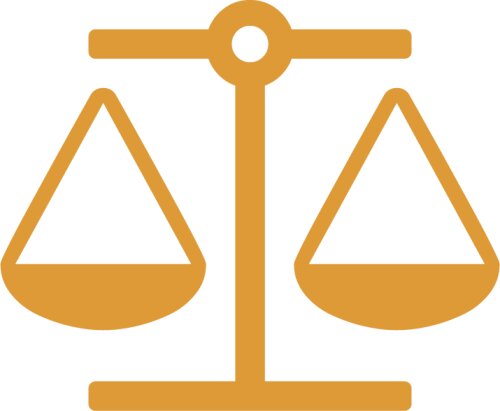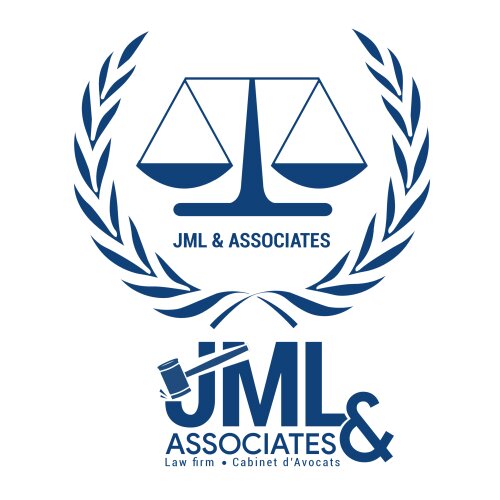Best Domestic Violence Lawyers in Kinshasa
Share your needs with us, get contacted by law firms.
Free. Takes 2 min.
Free Guide to Hiring a Family Lawyer
List of the best lawyers in Kinshasa, DR Congo
About Domestic Violence Law in Kinshasa, DR Congo:
Domestic violence is a serious issue in Kinshasa, DR Congo, with many individuals experiencing abuse within their own homes. The laws in Kinshasa aim to protect victims of domestic violence and provide them with legal recourse against their abusers.
Why You May Need a Lawyer:
If you are experiencing domestic violence or have been accused of committing acts of domestic violence, it is essential to seek legal help. A lawyer can assist you in understanding your rights, filing for protection orders, gathering evidence, and navigating the legal system.
Local Laws Overview:
In Kinshasa, DR Congo, domestic violence is punishable under the Penal Code. Victims of domestic violence can seek protection orders from the courts and hold their abusers accountable for their actions. It is important to report instances of domestic violence to the police and seek legal assistance to ensure your safety and well-being.
Frequently Asked Questions:
Q: What qualifies as domestic violence in Kinshasa, DR Congo?
A: Domestic violence includes physical, emotional, sexual, or economic abuse perpetrated by a family member or intimate partner.
Q: How can I report domestic violence in Kinshasa?
A: You can report domestic violence to the police or seek assistance from local NGOs and organizations dedicated to supporting victims of abuse.
Q: Can I get a protection order against my abuser in Kinshasa?
A: Yes, victims of domestic violence can request protection orders from the courts to prevent their abusers from contacting or approaching them.
Q: What legal penalties can abusers face in Kinshasa?
A: Abusers can face criminal charges, fines, and imprisonment for their actions under the Penal Code of Kinshasa, DR Congo.
Q: Is legal aid available for victims of domestic violence in Kinshasa?
A: Yes, there are organizations and legal aid providers that offer assistance to victims of domestic violence in Kinshasa.
Q: Can I receive counseling and support services as a victim of domestic violence in Kinshasa?
A: Yes, there are counseling and support services available for victims of domestic violence to help them cope with the trauma and seek assistance in rebuilding their lives.
Q: Are there any cultural or traditional practices in Kinshasa that contribute to domestic violence?
A: Certain cultural norms and attitudes may perpetuate domestic violence in Kinshasa, but it is important to recognize that abuse is never justified and seek help to break the cycle of violence.
Q: How can I protect my children from domestic violence in Kinshasa?
A: It is crucial to seek legal assistance and protection orders to ensure the safety of your children if they are being exposed to domestic violence in the home.
Q: What rights do victims of domestic violence have in Kinshasa?
A: Victims of domestic violence have the right to seek safety, protection, legal recourse, and support services to help them recover from the abuse they have experienced.
Q: How can I leave an abusive relationship safely in Kinshasa?
A: It is important to seek assistance from a lawyer, social worker, or NGO to develop a safety plan and access resources to leave an abusive relationship safely.
Additional Resources:
For additional resources and support related to domestic violence in Kinshasa, you can contact the Ministry of Gender, Family, and Children’s Affairs, local women’s shelters, and NGOs such as Women’s Rights Without Frontiers.
Next Steps:
If you are in need of legal assistance regarding domestic violence in Kinshasa, DR Congo, it is crucial to contact a lawyer who specializes in family law and domestic violence cases. They can provide you with guidance, support, and representation to help you navigate the legal process and protect your rights.
Lawzana helps you find the best lawyers and law firms in Kinshasa through a curated and pre-screened list of qualified legal professionals. Our platform offers rankings and detailed profiles of attorneys and law firms, allowing you to compare based on practice areas, including Domestic Violence, experience, and client feedback.
Each profile includes a description of the firm's areas of practice, client reviews, team members and partners, year of establishment, spoken languages, office locations, contact information, social media presence, and any published articles or resources. Most firms on our platform speak English and are experienced in both local and international legal matters.
Get a quote from top-rated law firms in Kinshasa, DR Congo — quickly, securely, and without unnecessary hassle.
Disclaimer:
The information provided on this page is for general informational purposes only and does not constitute legal advice. While we strive to ensure the accuracy and relevance of the content, legal information may change over time, and interpretations of the law can vary. You should always consult with a qualified legal professional for advice specific to your situation.
We disclaim all liability for actions taken or not taken based on the content of this page. If you believe any information is incorrect or outdated, please contact us, and we will review and update it where appropriate.













